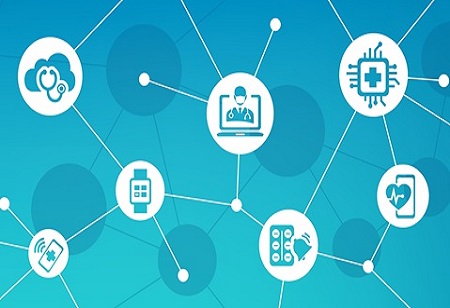Abhrasnata Das | Tuesday, 06 September 2022

It does not need to be said that health care resources are limited and that there are many more interventions that provide benefits to patients than society can afford. Choices have to be made only by looking at benefits without taking into account the costs might result in more harm than good for the health of the population due to the opportunity cost of every decision.
Health technology assessment (HTA) aims at providing support to decision makers in taking good decisions to keep the healthcare system accessible, of the highest quality as possible and durable. Not taking into account cost runs the risk of having a negative impact on the healthcare system’s accessibility or quality, by increasing patients' contributions or taking away other interventions that provide more value for money to fund the interventions that are relatively too expensive. In the article, we have listed the top three advantages of Health technology assessment in the healthcare industry.
Evidence Based Medicine The health technologies are not limited to drugs and devices, but include all possible interventions that can be used to improve health, prevent, diagnose or treat disease or risks, to revalidate or provide long-term care, but also procedures and organizational or supportive systems. HTA tries to support policy makers in making good decisions by providing them with objective, transparent and scientifically based information in order to encourage the use of safe, better and acceptable interventions.
Evidence based medicine is the conscientious, explicit, and judicious use of current best evidence in making decisions about the care of individual patients. The practice of evidence based medicine means integrating individual clinical expertise with the best available external clinical evidence from systematic research. External clinical evidence both invalidates previously accepted diagnostic tests and treatments and replaces them with new ones that are more powerful, more accurate, more efficacious, and safer.
Decentralized HTA supporting health systems Poorly made decisions at both macro- and micro-levels in the health sector commit the institutions to current and future costs which they can ill afford. In countries with transitional economies, HTA is needed especially when scarce resources demand smarter decisions to ensure efficient and effective outcomes and to understand the systemic implications of introducing technologies at all levels of the health system.
In the coming days, HTA will bridge the gap between research and policy and planning. It is important that research is done locally to develop the best applicable information to be used in decision-making. Though HTA studies have been conducted in other countries, it is important to consider technology-transfer issues in this context. Health technologies, which include medical devices, are recognised as the main platform for healthcare delivery, and they pose complex challenges in their use. Research and development of these technologies are not as stringent as those for drugs, and the pace of technological advancement outstrips the evidence base, which further complicates their evaluation.Health technology presents a serious challenge to public health, which faces inequalities, issues of equity and cost-effectiveness.
HTA for public health The WHO defines public health as an organized effort by a society to improve, promote and restore the health of its population. Assessment of public health interventions poses additional challenges because of the engagement with a diverse stakeholder cohort, including public health professionals, clinicians, politicians and consumers. These challenges are exacerbated by a lack of standardized methodologies, and difficulties in measuring direct and indirect consequences of the intervention. One of these is the growing burden of chronic diseases that accompany the aging population. Due to the complexity of the intervention, considering the impact across individuals as well as community, organizational and policy levels, measure the effects on intermediate outcomes and examine the effects.
The Need of Tomorrow Limited resources raise the necessity of making decisions based upon evidence, and therefore the need to establish a system that supports decision makers. The process of HTA and its implementation will contribute to establishing a balance between equity, quality healthcare and efficiency in need of prioritization, investments decisions, organizational impacts of new and emerging technologies and reassessment of the value of existing interventions. Establishing a formal and institutionalized system of HTA will then result in effective implementation of the recommendations and findings, accompanied by close monitoring of the interventions.
Setting up HTA units can be challenging and time-consuming, and involves close collaboration between a variety of stakeholders, capacity in scientific research and financial resources. At a local level, immediate control over health spending can be achieved through establishing a hospital-based HTA capability. It can start off as a small committee or unit, and evolve into larger organizational structures serving multiple hospitals. A smaller unit can build on the knowledge generated elsewhere and contextualize it to its own setting, while a large institution may solve complex multidimensional questions. The structure will thus depend upon the decision-making needs and ecosystem, the availability of qualified human resources and available financial resource